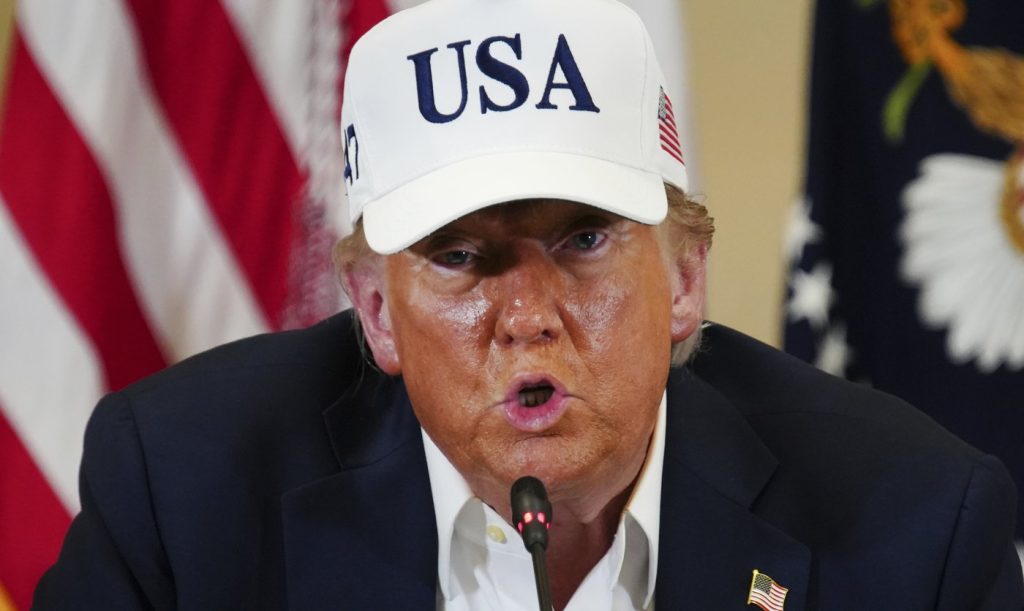BRIDGEWATER, NJ (AP) — NATO Secretary General Mark Rutte is scheduled to meet President Donald Trump this week, shortly after Trump announced plans to provide NATO allies with weaponry that they can subsequently transfer to Ukraine. Rutte will be in Washington on Monday and Tuesday, engaging in discussions not only with Trump but also with Secretary of State Marco Rubio, and Defense Secretary Pete Hegseth, as well as members of Congress.
A strong ally of Trump, Republican Senator Lindsey Graham of South Carolina highlighted that the conflict in Ukraine is approaching a critical juncture as Trump appears increasingly interested in aiding Ukraine's defense against Russian aggression. Trump, who previously downplayed the significance of U.S. involvement in the conflict, is now signaling a shift in focus, potentially making robust support a priority.
Graham indicated that, "In the coming days, you’ll see weapons flowing at a record level to help Ukraine defend themselves," during an interview on CBS's "Face the Nation." He expressed that one of Putin's significant miscalculations was underestimating Trump's stance and predicted an intensified push toward negotiations with the Russian leader.
As Rutte's visit coincides with Trump hinting at a "major statement" regarding Russia, it comes at a time when Ukraine is grappling with extensive and complex air assaults from Russian forces. There is also an increasing consensus among lawmakers, including Graham and Democrat Richard Blumenthal, about utilizing some of the $300 billion in Russian assets frozen by the G7 countries to aid Ukraine in its efforts against Russia.
Rubio recently mentioned that some weapons needed by Ukraine are currently stationed with NATO allies in Europe, which could expedite their transfer to Ukraine as European countries can procure replacements from the U.S. This expedited process, according to Rubio, is significantly faster than ordering new arms directly from U.S. manufacturers.
French Defense Minister Sebastien Lecornu remarked that European officials are advocating for enhanced air defense capabilities as part of upcoming military aid packages to Ukraine. However, he noted that France would not be able to supply new ground-air missiles until next year due to existing capacity constraints.
Trump faces bipartisan pressures, both domestically and from European allies, to push legislation in the Senate aimed at crippling Russia's oil industry and imposing sanctions against Moscow for its ongoing invasion of Ukraine. The proposed legislation includes provisions for a staggering 500% tariff on imports from countries still buying Russian oil, gas, uranium, and other exports, targeting economic ties with significant players like Brazil, China, and India.
Graham emphasized the urgency, stating, "My goal is to end this war. And the only way you are going to end this war is to get people who prop up Putin to choose between the American economy and aiding Putin." This comes as Trump has expressed increasing frustration with Putin for prolonging the conflict, emphasizing that he has received misleading narratives from the Russian leader.
The Senate is prepared to move forward on this legislation, which has garnered substantial bipartisan support. However, Republican leadership is awaiting Trump's approval before proceeding. While there are concerns from Democrats regarding the legislation's waiver provisions, Blumenthal reassured that the proposed waivers are aligned with precedents in similar bills, emphasizing the importance of unity in the current context.
Both Graham and Blumenthal are critical of Putin's actions and see the potential legislative measures as tools to exert significant pressure on the Russian government.











